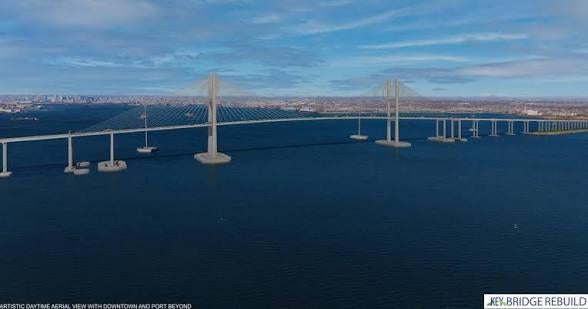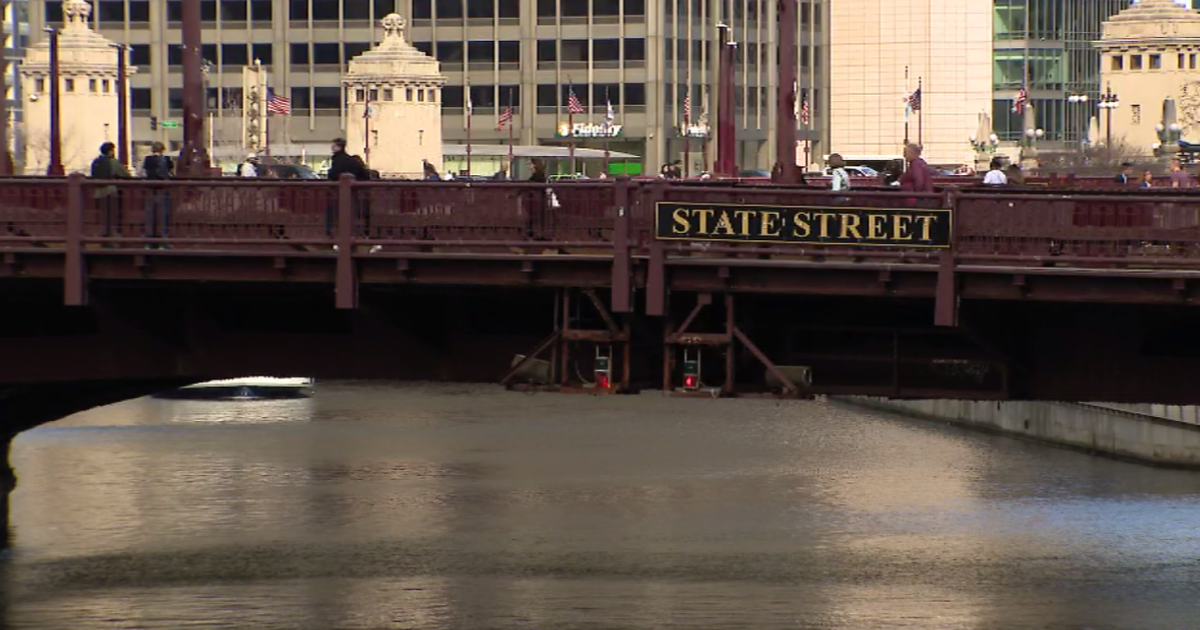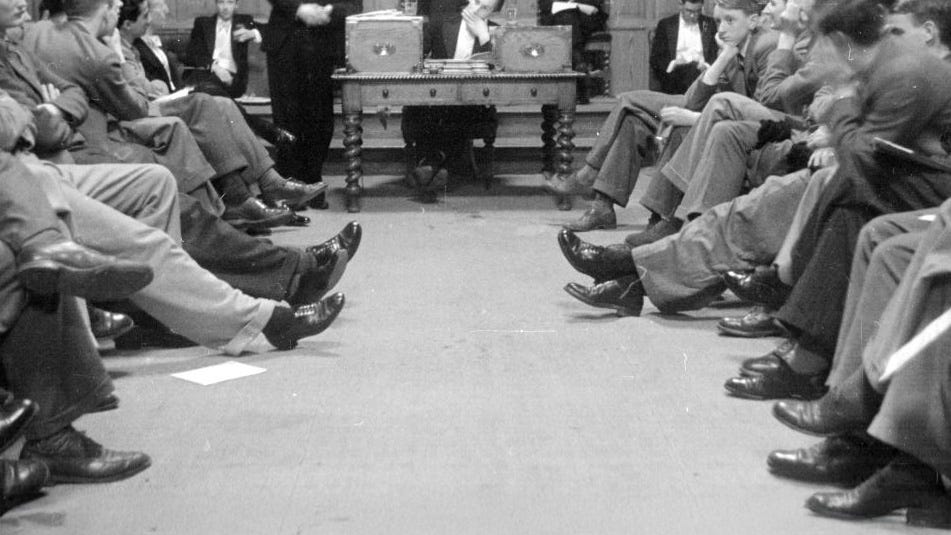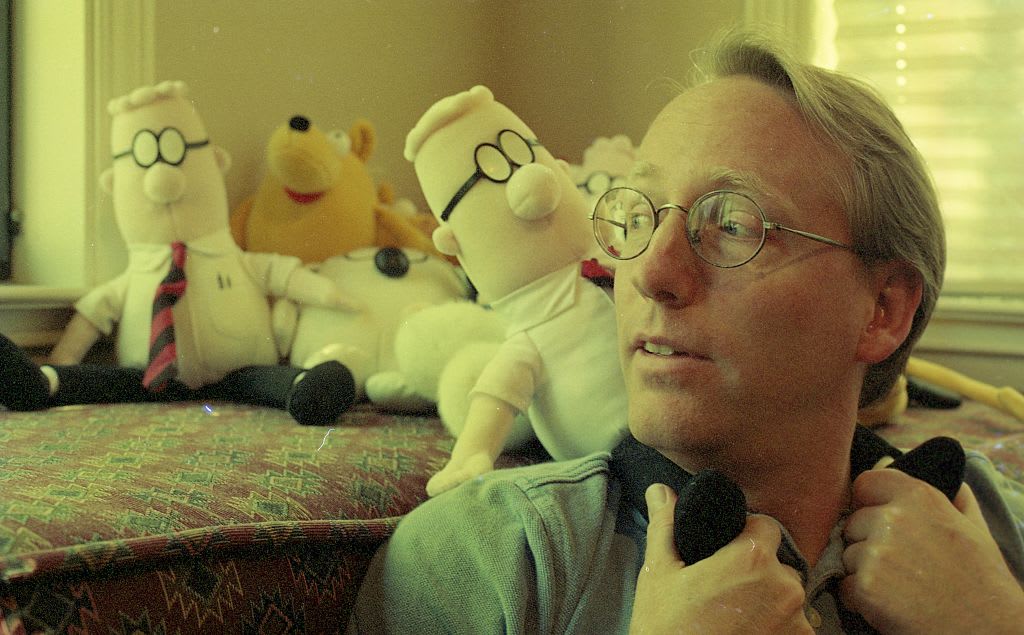Coast Guard officers recall responding to both Key Bridge collapse and Potomac crash within a year
It's not a stretch to say that members of the Coast Guard like P.O. Tyler McGuiness could go an entire career without ever deploying to a catastrophe like last month's midair collision between an American Airlines jet and an Army helicopter over the Potomac River.
But McGuinness and dozens more, including P.O. Seth Kowsky, have now seen that kind of disaster not once, but twice in the last 12 months — the D.C. collision in the Potomac and the collapse of the Francis Scott Key Bridge last March.
When the bridge collapsed in Baltimore, Kowsky, assigned to the Curtis Bay Station, and McGuiness, assigned to Station Washington, were among the first to respond. But surprisingly, they've never talked about the shared experience until now.
"It's funny to look back, because we probably went through a lot of the same things," McGuiness said.
Kowsky says he was in disbelief when he got the call that a boat hit the bridge. It became real when he scoured the wreckage for survivors.
"Chunks of concrete, driving by metal rebar and shipping containers. It was crazy," Kowsky said.
At the Potomac crash, McGuiness' crew pulled two bodies of crash victims from the water.
"It takes a toll on you, but you don't want to stop. You want to keep going to recover the victims so their families can be at peace," McGuiness said.
Lt. Craig Oravitz was in the command center for both catastrophes.
"I never thought in a million years that I would see two major headlining-grabbing incidents within one year in my career," Oravitz said.
Some may call it a black cloud, but Oravitz says, "With the people I work with, I like to think that they're at the right place at the right time because they're amazing men and women."
The two stations' involvement on the missions exemplifies the Coast Guard motto — "Semper Paratus," which means "always ready."
"When there's a call for help, we get out in the water, no matter what time of day it is, 24/7, there's always somebody there," Kowsky said.






